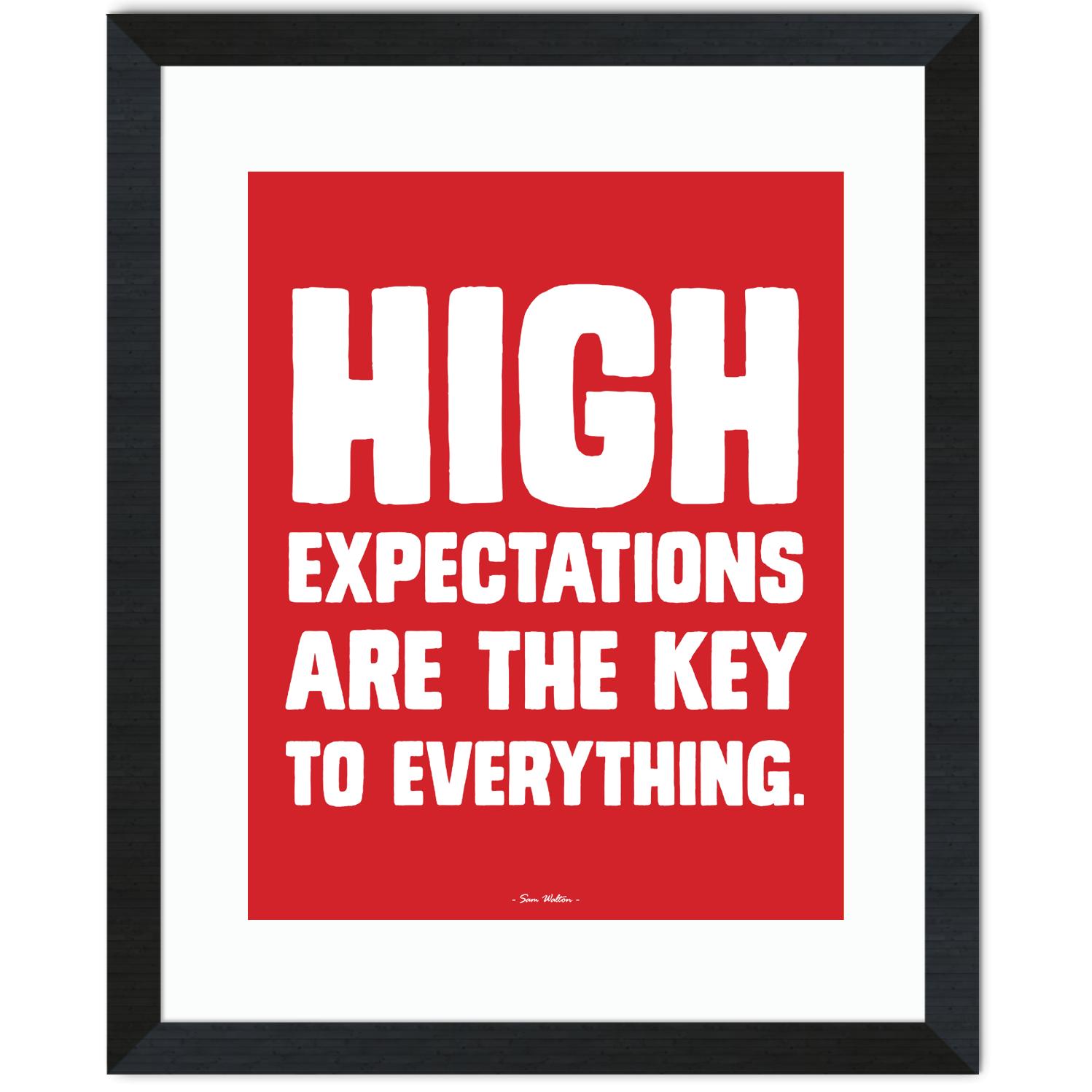
We are moving swiftly through our 2nd quarter. The weather is changing and during this very busy November/December season I find it is always a good time to do a self check. This week we want to go back to one of our foundational pieces of the Bolton family---High Expectations. High Expectations for ourselves and the children that rely on us to do our part to prepare them for success in school and life. We model our expectations and belief in students in so many ways--tone of voice, how we greet them in the morning, how we handle their problems, our structure and organization for the day, etc.
This week's Learning Showcase comes from Edutopia:
http://www.edutopia.org/blog/pygmalion-effect-communicating-higher-expectations-ben-solomon
The Pygmalion Effect: Communicating High Expectations by Ben Solomon
In 1968, two researchers conducted a fascinating study that proved the extent to which teacher expectations influence student performance. Positive expectations influence performance positively, and negative expectations influence performance negatively. In educational circles, this has been termed the Pygmalion Effect, or more colloquially, a self-fulfilling prophecy.
What has always intrigued me about this study is specifically what the teachers did to communicate that they believed a certain set of students had "unusual potential for academic growth." The research isn't overly explicit about this, but it indicates that the teachers "may have paid closer attention to the students, and treated them differently in times of difficulty." This raises the following questions:
Excellence, Celebration, and Success
Based on my experience coaching AVID schools around the country, there are ways that I've seen teachers communicate to all of their students that they have high expectations. Here are a few practical tips that you can borrow from them:
Be Excellent in All Ways
Everything speaks. Every student deserves a clean, organized classroom. Every student deserves a structured and engaging learning environment. Every student deserves lessons that are well thought-out and delivered every day. Excellence is a habit that is cultivated. When we model this every day, we communicate to students that excellence is the expectation.
Celebrate Small Victories
Say, "I'm proud of you" -- and say it often. The day that I opened my college acceptance letter was the only time that I ever remember my dad saying, "I'm proud of you." It was so impactful and memorable for me that I tried to say that phrase to students every chance I got. Passed a test? "I'm proud of you." Got to class on time? "I'm proud of you." It's a low-cost investment with the potential for life-altering rewards. I love hearing teachers say, "Great job" or "You did it!" It's positive reinforcement at its finest.
Make Failure Unacceptable
The single most impactful way that we can communicate our beliefs to students may be how we react when they fail an assignment, test, or grading period. Rather than ignoring the situation or moving students to a different class, we must communicate this:
My job as your teacher was for you to learn this material, so let's figure out how to make that happen. If you're not learning the way that I teach, maybe I need to teach the way that you learn. Is this a cognition issue? Then let's get you to tutoring. Is it a learning strategies issue? Then let's talk about other ways to study, learn, and organize your thinking. Is this a motivation issue? Then let's talk about the short- and long-term repercussions of failing.
Failure cannot be the path of least resistance in our classes. Rather, we must do everything that we can to make failure unacceptable and difficult. When we accept students' failure, we give them permission to accept it as well. However, when we show that nothing they can do will ever make us give up on them, we give them permission to start believing in themselves.
So here are my challenges to you:

November 17---Science Night and Book Fair Night--Certified staff please plan to attend.
November 17-20---ITBS Testing Week for a small number of students
November 20--Picture Make-Up Day
November 23--Haiku Training #2
December 2---Staff Meeting at 7:30 am
No comments:
Post a Comment